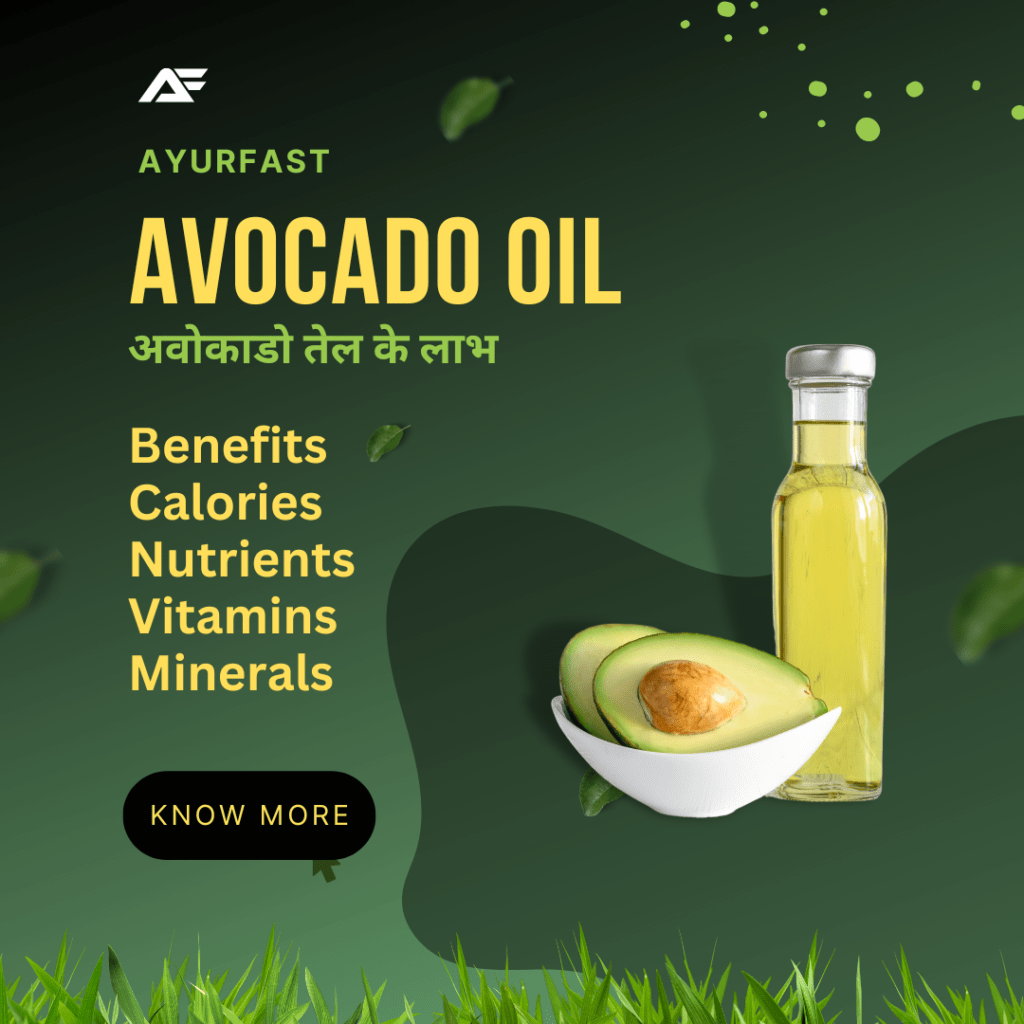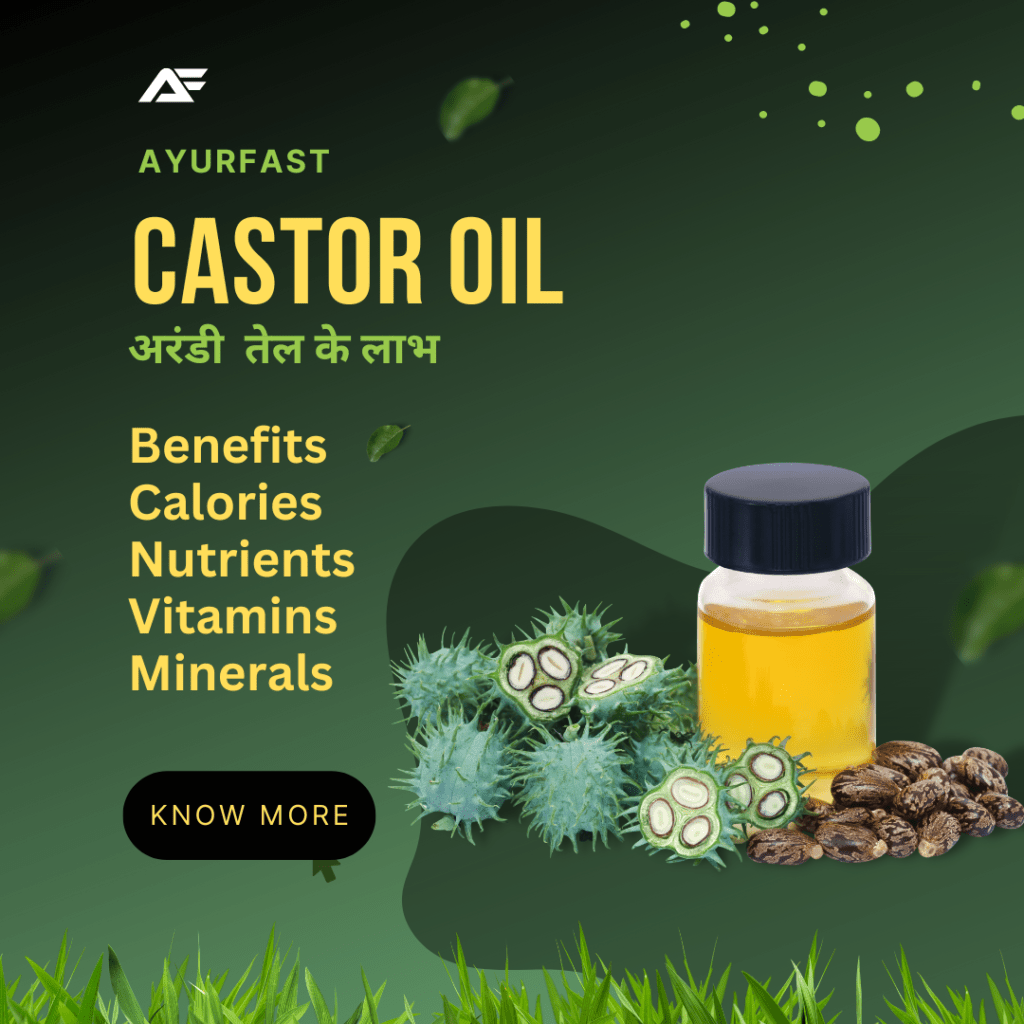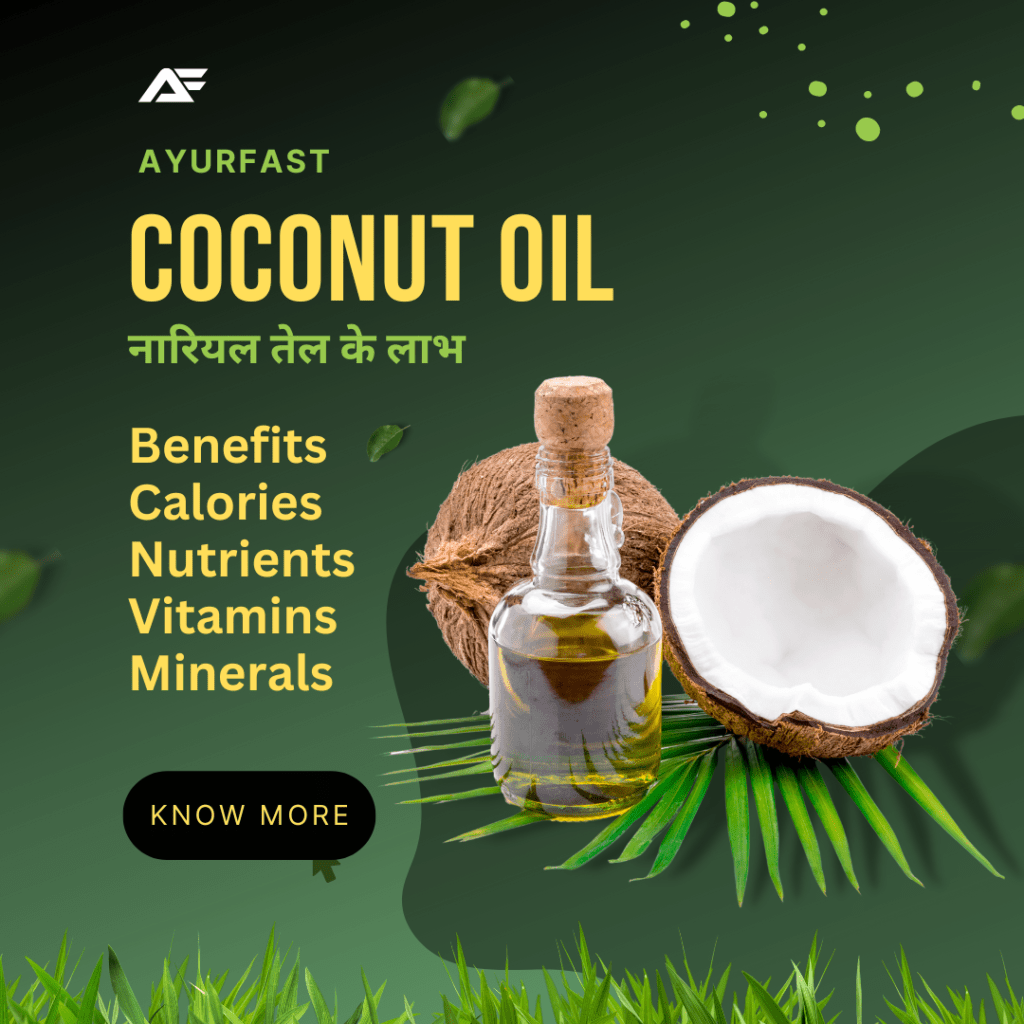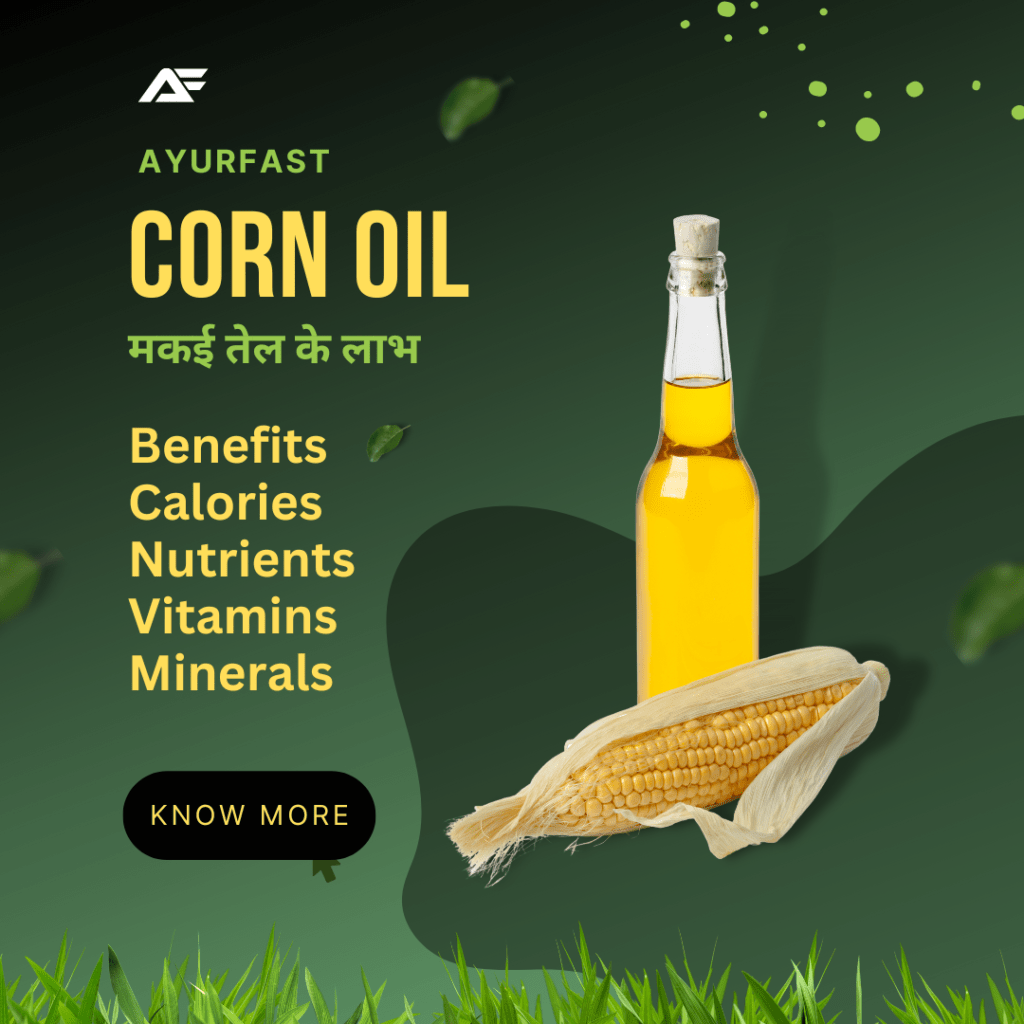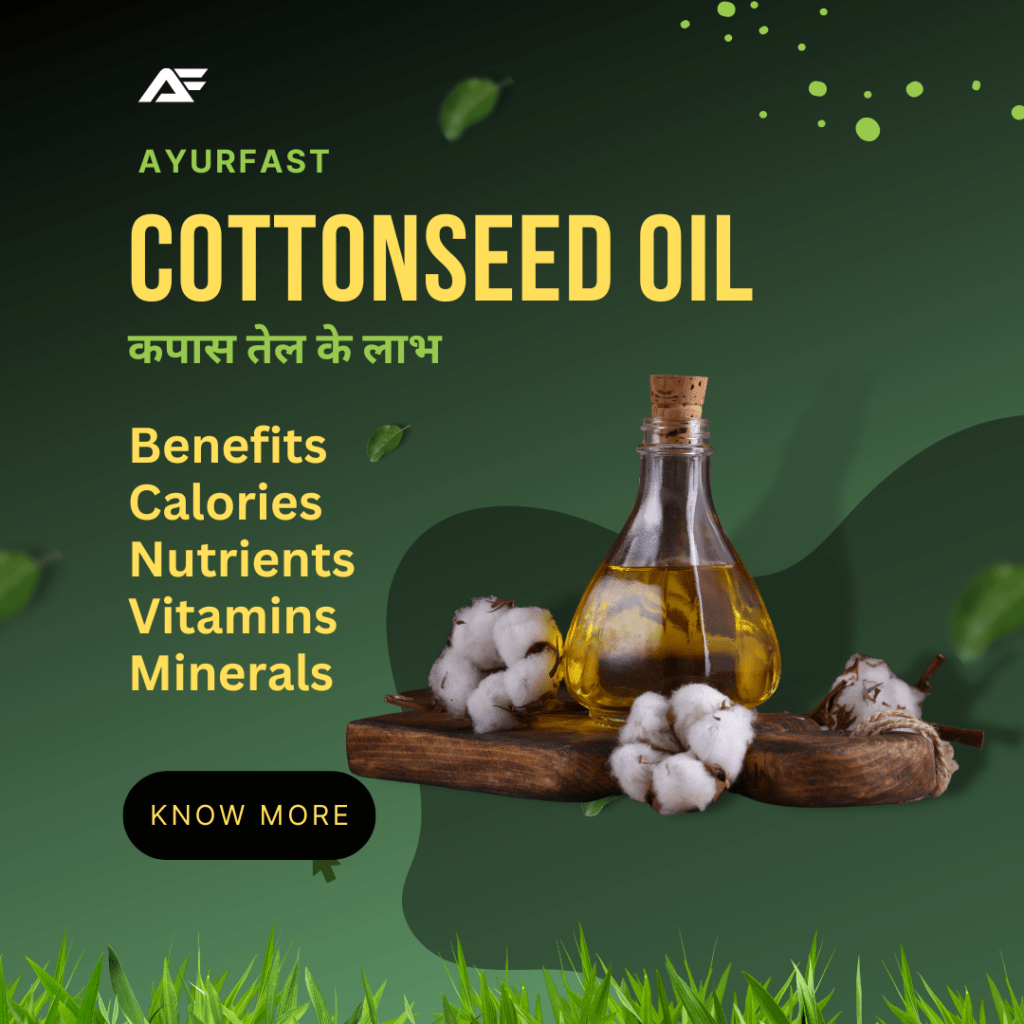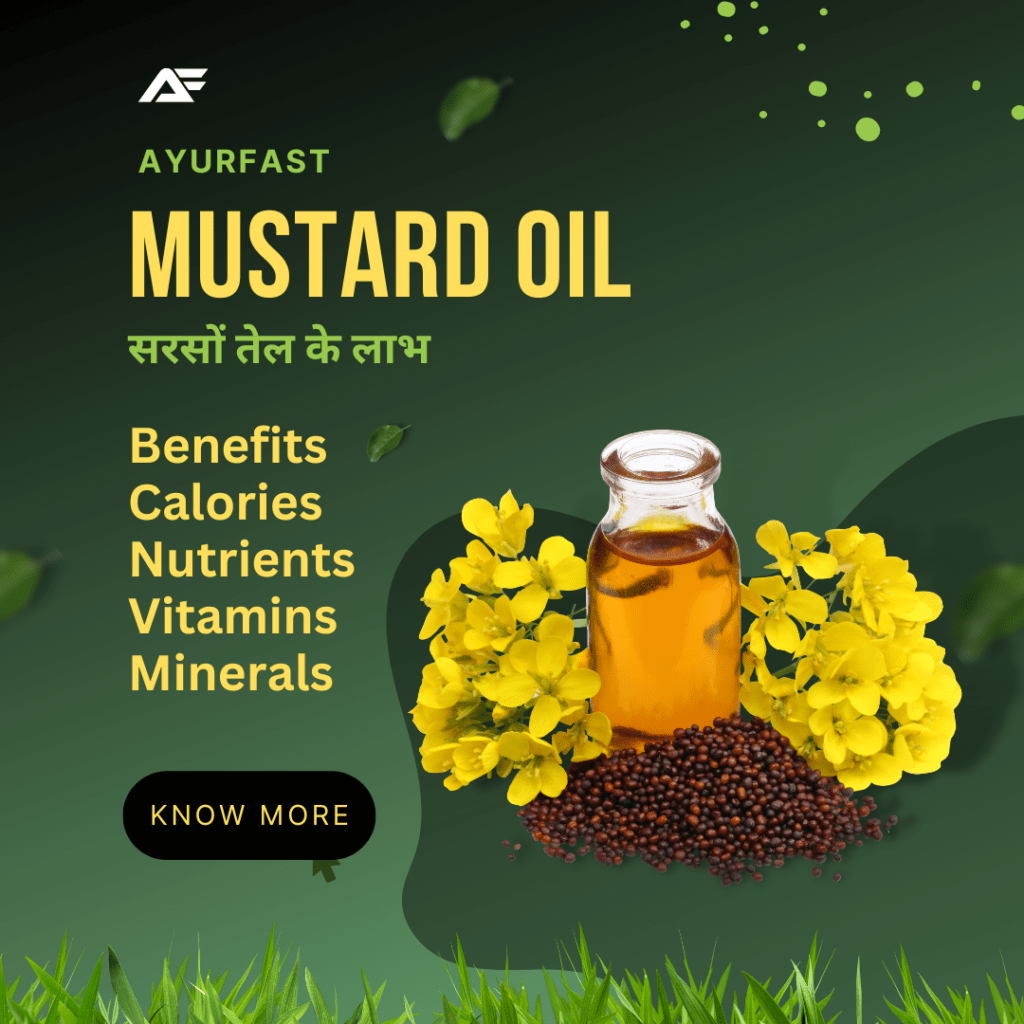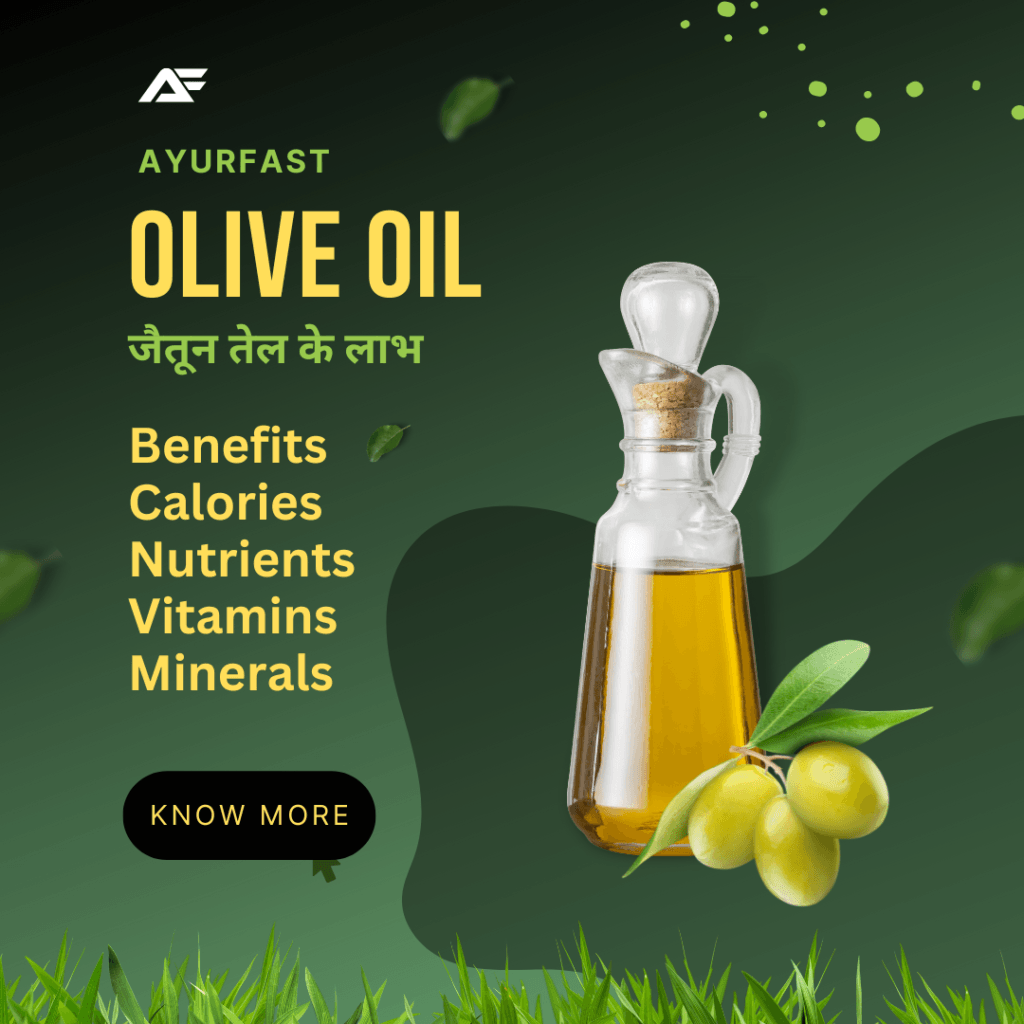
About
Almond oil is a type of vegetable oil derived from the seeds of the almond tree. It has a mild, nutty flavor and is commonly used in cooking, cosmetics, and personal care products. Almond oil is high in monounsaturated and polyunsaturated fats, as well as vitamin E and other nutrients. Below are some details regarding almond oil’s health benefits, preparation methods, treatments, harms of overdose, and recommended daily consumption.
Health Benefits of Almond Oil:
-
Heart Health: Almond oil is high in monounsaturated and polyunsaturated fats, which can help lower cholesterol levels and reduce the risk of heart disease.
-
Skin Health: Almond oil is rich in vitamin E and other antioxidants, which can help protect the skin from damage caused by free radicals.
-
Hair Health: Almond oil can help nourish and moisturize the hair, making it stronger and less prone to breakage.
-
Digestive Health: Almond oil can help soothe the digestive tract and reduce inflammation, which may be beneficial for those with digestive issues.
Preparation Method of Almond Oil:
-
Cold Pressed Method: The most common method for preparing almond oil is through cold pressing, which involves crushing the almonds to extract the oil without using heat or chemicals.
-
Refined Method: Almond oil can also be refined, which involves using heat and chemicals to extract and purify the oil. This method removes some of the nutrients but also makes the oil more stable and better suited for high-heat cooking.
Treatments that Almond Oil Can Be Used For:
-
Massage Therapy: Almond oil is commonly used in massage therapy due to its light texture and mild scent.
-
Skin Care: Almond oil can be used as a moisturizer, skin conditioner, and makeup remover.
-
Hair Care: Almond oil can be used as a hair conditioner, scalp treatment, and anti-dandruff remedy.
Harms of Overdose of Almond Oil:
-
Almond oil is generally safe for consumption, but consuming excessive amounts can lead to weight gain, digestive issues, and other health problems.
-
Overconsumption of almond oil can also lead to an imbalance of omega-6 and omega-3 fatty acids, which can increase inflammation in the body.
Recommended Daily Consumption of Almond Oil:
- Child: 1-2 teaspoons per day
- Adult Man: 2-3 tablespoons per day
- Adult Woman: 1-2 tablespoons per day
Macronutrients Content of Almond oil(per 50g serving)
| Nutrient | Amount |
|---|---|
| Calories | 445 |
| Carbohydrates | 0g |
| Fats | 50g |
| Proteins | 0g |
| Fiber | 0g |
| Water Content | 0g |
Vitamins Content of Almond oil(per 50g serving)
| Vitamin | Amount |
|---|---|
| Vitamin A | 0μg |
| Vitamin B1 | 0.1mg |
| Vitamin B2 | 0.4mg |
| Vitamin B3 | 0.8mg |
| Vitamin B6 | 0.1mg |
| Vitamin B12 | 0μg |
| Vitamin C | 0mg |
| Vitamin D | 0μg |
| Vitamin E | 23mg |
| Vitamin K | 0μg |
| Folate | 0μg |
| Biotin | 0μg |
Mineral Content of Almond oil(per 50g serving)
| Mineral | Amount |
|---|---|
| Calcium | 0mg |
| Iron | 0.9mg |
| Iodine | 0μg |
| Zinc | 0.7mg |
| Magnesium | 113mg |
| Phosphorus | 0mg |
| Potassium | 0mg |
| Sodium | 0mg |
| Chloride | 0mg |
| Copper | 0.3mg |
| Chromium | 0μg |
| Fluoride | 0μg |
| Molybdenum | 0μg |
| Manganese | 0.6mg |
| Selenium | 0μg |
What is almond oil good for?
Almond oil is good for moisturizing and nourishing the skin, reducing the signs of aging, promoting hair growth, and supporting scalp health.
Is almond oil safe for sensitive skin?
Yes, almond oil is safe for sensitive skin as it is hypoallergenic and gentle on the skin.
Can almond oil be used for hair growth?
Yes, almond oil can be used for hair growth as it nourishes and strengthens the hair follicles.
How to use almond oil for skincare?
Almond oil can be used as a facial oil, body oil, or in homemade skincare recipes such as masks, scrubs, and lotions.
How to use almond oil for hair care?
Almond oil can be used as a scalp treatment, hair mask, or as a leave-in conditioner to promote hair growth, nourish, and strengthen the hair.
Is almond oil comedogenic?
No, almond oil is non-comedogenic and does not clog pores.
How to choose the best almond oil?
Choose cold-pressed, pure, and organic almond oil for the best quality and benefits.
Is almond oil good for acne-prone skin?
Yes, almond oil is good for acne-prone skin as it helps to balance oil production and reduce inflammation.
How does almond oil benefit oily skin?
Almond oil benefits oily skin by regulating oil production and keeping the skin moisturized without clogging pores.
Can almond oil be used for dark circles?
Yes, almond oil can be used for dark circles as it has anti-inflammatory properties and can improve the appearance of under-eye circles.
Can almond oil be used as a massage oil?
Yes, almond oil can be used as a massage oil as it is lightweight and easily absorbed by the skin.
Is almond oil good for sensitive scalp?
Yes, almond oil is good for a sensitive scalp as it soothes and moisturizes the scalp without causing irritation.
Can almond oil be used for cooking?
Yes, almond oil can be used for cooking as a healthy and flavorful alternative to other cooking oils.
How to store almond oil?
Store almond oil in a cool, dark place away from direct sunlight and heat to preserve its quality.
Is almond oil good for dry skin?
Yes, almond oil is good for dry skin as it deeply moisturizes and nourishes the skin.
How to use almond oil for dark spots?
Almond oil can be used as a spot treatment on dark spots to improve the appearance of hyperpigmentation.
Is almond oil good for eczema?
Yes, almond oil is good for eczema as it soothes and moisturizes the skin while reducing inflammation and irritation.

